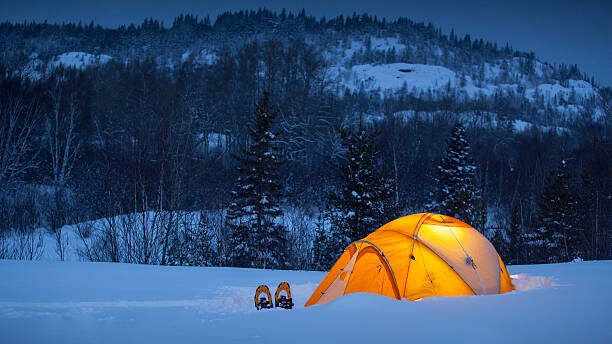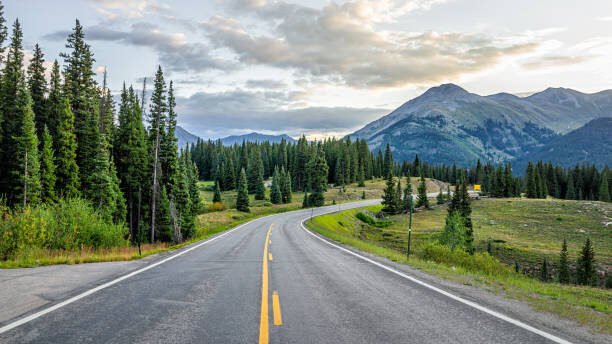Contents
How to Camp with a Baby
Embarking on a camping trip with a baby can be an exciting and rewarding experience, allowing you to introduce your little one to the wonders of the great outdoors from an early age. However, camping with a baby requires careful planning and preparation to ensure their safety and comfort in the wilderness. In this comprehensive guide, we’ll explore essential tips and strategies for camping with a baby, covering everything from selecting the right gear to managing feeding and sleeping routines. With the right approach, you can create unforgettable outdoor memories for your family while fostering a love of nature in your little one.
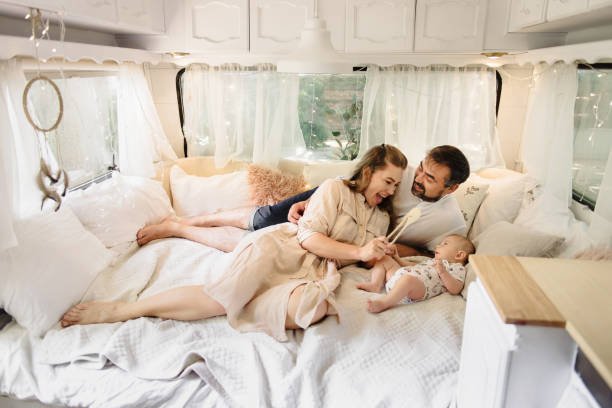
Tips for camping with a baby
1. Stay Close to Home
When camping with a baby, it’s advisable to stay close to home. This ensures convenience and familiarity, offering easy access to resources if needed. Being nearby enhances safety and comfort, providing reassurance for both you and your little one. So for your baby’s first outdoor adventure, consider a campground not too far from home.
2. Keep it short, but not too short
For your baby’s first camping trip, opt for a campground close to home. This choice offers convenience and familiarity, ensuring easy access to resources if needed. Being nearby enhances safety and comfort, providing reassurance for both you and your little one. So, for a stress-free outdoor adventure, stay close to home.
3. Choosing the Right Gear
Selecting the appropriate baby gear is essential for ensuring your baby’s safety and comfort during your camping trip. Here’s what you’ll need:
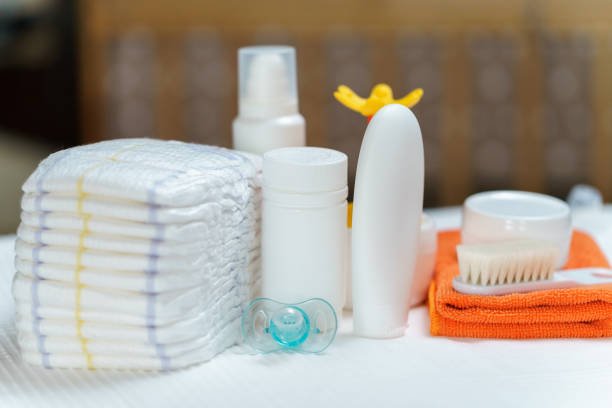
-
- Baby-Friendly Tent:: Invest in a spacious and durable tent with enough room to accommodate your family comfortably. Look for a tent with built-in mesh panels for ventilation and a rainfly for weather protection.
-
- Portable Crib or Bassinet: Bring along a portable crib or bassinet for your baby to sleep in. Choose a lightweight and collapsible option that is easy to set up and transport to your campsite.
-
- Diaper Changing Station: Create a dedicated diaper changing station equipped with diapers, wipes, diaper rash cream, and a waterproof changing pad. Keep everything organized in a waterproof bag or container for easy access.
-
- Baby Carrier or Sling: Pack a comfortable baby carrier or sling for hiking and exploring the campground. Choose a carrier with adequate support for your baby’s head and neck and adjustable straps for a secure fit.
-
- Outdoor Clothing and Accessories: Dress your baby in layers of weather-appropriate clothing, including long-sleeved shirts, pants, socks, and a hat. Bring along a lightweight jacket or sweater for cooler evenings and a sun hat for daytime outings.
4. Feeding Your Baby
Maintaining your baby’s feeding routine is crucial for their well-being during your camping trip. Here are some tips for feeding your baby in the great outdoors:
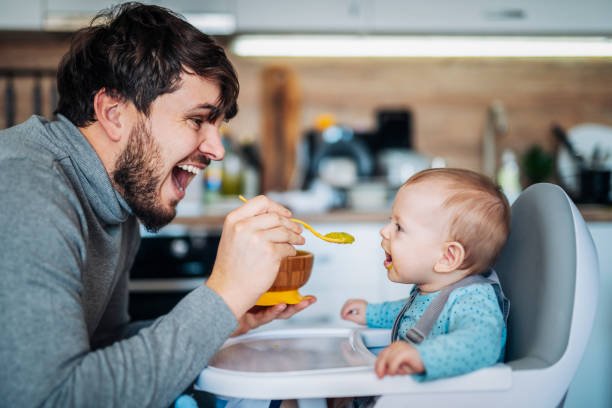
-
- Breastfeeding: If you’re breastfeeding, find a comfortable and private spot to nurse your baby, such as inside your tent or under a shady tree. Bring along a nursing cover or shawl for added privacy if desired.
-
- Bottle Feeding: If you’re bottle-feeding, prepare formula or breast milk in advance and store it in insulated containers to keep it fresh. Bring along enough bottles, nipples, and sterilizing equipment for the duration of your trip.
-
- Solid Foods: If your baby is eating solid foods, pack a cooler with pre-prepared baby food pouches, cut-up fruits and vegetables, and nutritious snacks. Opt for easy-to-eat finger foods that require minimal preparation and cleanup.
-
- Hydration: Keep your baby hydrated by offering frequent breastfeeds, formula feeds, or sips of water throughout the day, especially in hot weather. Monitor your baby’s urine output and behavior for signs of dehydration and adjust their fluid intake accordingly.
5. Creating a Comfortable Sleeping Environment
Ensuring your baby gets enough rest is essential for their health and well-being during your camping trip. Here’s how to create a comfortable sleeping environment:

-
- Safe Sleep Practices: Follow safe sleep guidelines by placing your baby on their back to sleep on a firm and flat surface. Remove any loose bedding, pillows, or soft toys from the crib to reduce the risk of suffocation or Sudden Infant Death Syndrome (SIDS).
-
- Temperature Regulation: Dress your baby in weather-appropriate clothing and use lightweight blankets or sleep sacks to keep them warm at night. Monitor the temperature inside the tent and adjust bedding accordingly to prevent overheating or chilling.
-
- White Noise: Bring along a portable white noise machine or play soothing nature sounds to help your baby relax and fall asleep amidst the unfamiliar sounds of the campground. Avoid loud noises or disturbances that could disrupt your baby’s sleep.
- Bedtime Routine: Maintain a consistent bedtime routine to signal to your baby that it’s time to sleep, even in a new environment. Follow familiar rituals such as bath time, storytime, and gentle rocking or cuddling to help your baby wind down and prepare for sleep.
6. Safety Considerations
Prioritizing your baby’s safety is paramount when camping in the great outdoors. Here are some safety considerations to keep in mind:
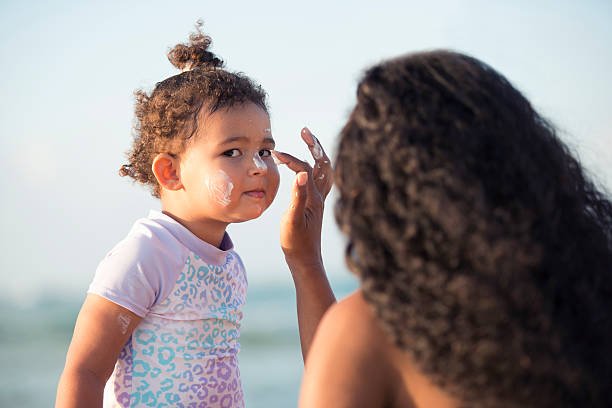
-
- Supervision: Always supervise your baby closely, especially around open flames, bodies of water, and hazardous terrain. Use baby gates or playpens to create a safe play area within your campsite and prevent wandering.
-
- Sun Protection: Protect your baby from the sun’s harmful rays by dressing them in lightweight, long-sleeved clothing, applying sunscreen with a minimum SPF of 30, and seeking shade during peak sun hours. Use a portable sunshade or umbrella to create a shaded area for outdoor activities.
-
- Insect Protection: Guard against insects and mosquitoes by using baby-safe insect repellent and dressing your baby in light-colored clothing with long sleeves and pants. Avoid using scented lotions or perfumes that may attract insects.
-
- First Aid Kit: Pack a comprehensive first aid kit with essential supplies for treating minor injuries and illnesses. Include items such as adhesive bandages, antiseptic wipes, digital thermometer, infant pain reliever, and baby-specific medications.
- Emergency Plan: Develop an emergency plan outlining what to do in case of inclement weather, medical emergencies, or other unexpected situations. Share this plan with your camping companions and ensure everyone knows how to respond quickly and effectively.
Conclusion
Camping with a baby can be a rewarding and memorable experience for the entire family, providing opportunities for bonding, exploration, and outdoor adventure. By following the tips and strategies outlined in this guide, you can ensure a safe, comfortable, and enjoyable camping trip with your little one. So pack your gear, embrace the great outdoors, and create lasting memories as you introduce your baby to the wonders of nature.
AQs (Frequently Asked Questions)
Q: Is it safe to camp with a baby?
Q: What essentials should I pack when camping with a baby?
Q: How can I keep my baby comfortable while camping?
Q: What should I do if my baby becomes fussy while camping?

